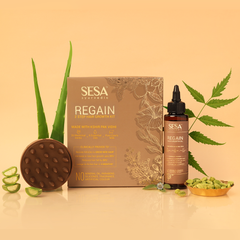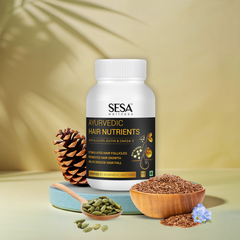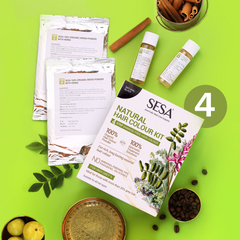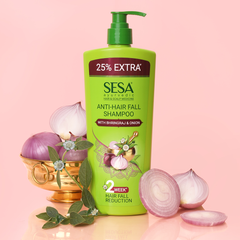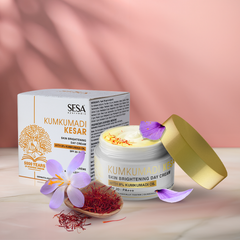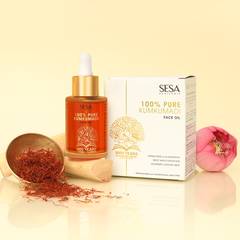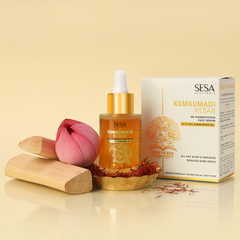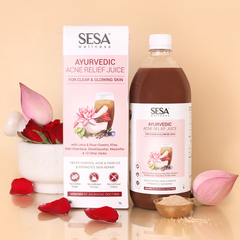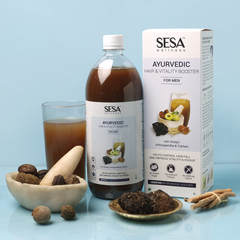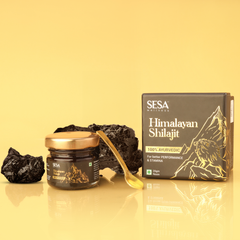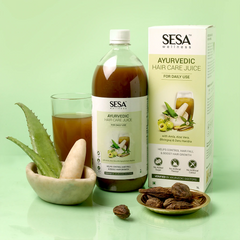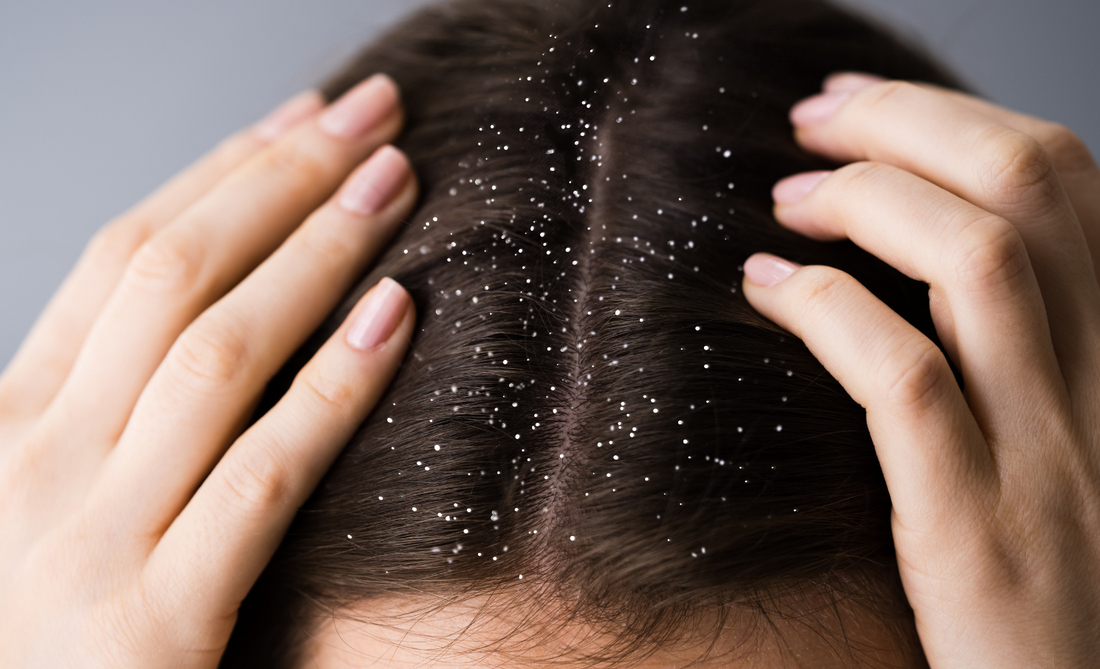Dandruff is a common scalp condition that affects many people. It is characterized by white flakes on the scalp and hair that can be itchy and embarrassing. While there are many over-the-counter remedies available, Ayurveda offers natural remedies that can help to alleviate dandruff symptoms.
Ayurveda is an ancient system of healing that originated in India over 5,000 years ago. It is based on the idea that the mind, body, and spirit are interconnected, and that health and wellness depend on maintaining a balance between them. Ayurveda uses natural remedies, including herbs, oils, and diet, to promote good health and prevent illness.
Here are some Ayurvedic tips to help you deal with dandruff:
-
Use neem oil: Neem oil is a powerful anti-fungal and anti-bacterial agent that can help to reduce dandruff. Simply massage neem oil onto your scalp and leave it on for a few hours before washing it off with a mild shampoo.
-
Try fenugreek seeds: Fenugreek seeds are rich in vitamins and minerals that can help to nourish your hair and scalp. Soak some fenugreek seeds in water overnight and grind them into a paste. Apply the paste to your scalp and leave it on for 30 minutes before washing it off with a mild shampoo.
-
Use coconut oil: Coconut oil is a natural moisturizer that can help to reduce itching and flaking. Massage warm coconut oil onto your scalp and leave it on for a few hours before washing it off with a mild shampoo.
-
Incorporate amla into your diet: Amla, also known as Indian gooseberry, is a rich source of vitamin C and antioxidants that can help to promote healthy hair and scalp. Incorporate amla into your diet by eating fresh amla or taking an amla supplement.
-
Use tea tree oil: Tea tree oil is a natural antiseptic that can help to reduce dandruff. Add a few drops of tea tree oil to your shampoo or massage it onto your scalp and leave it on for a few hours before washing it off.
-
Practice stress-reducing activities: Stress can contribute to dandruff, so it is important to practice stress-reducing activities such as yoga, meditation, or deep breathing exercises.
-
Avoid harsh chemicals: Harsh chemicals found in some hair products can irritate the scalp and exacerbate dandruff. Avoid products that contain harsh chemicals such as sulfates, parabens, and phthalates.
-
Eat a healthy diet: Eating a healthy diet that is rich in vitamins and minerals can help to promote healthy hair and scalp. Incorporate foods such as leafy greens, nuts, and whole grains into your diet.
If you are looking for a hair product that helps combat build up in the scalp, then look no further. Sesa's onion hair shampoo is a certified medicinal shampoo crafted with Bhringraj, Onion & 6 Ayurvedic herbs that help reduce hair fall, prevent split ends, and improve hair's shine and softness. Contains NO PARABENS & NO MINERAL OIL.
In conclusion, dandruff can be a frustrating and embarrassing condition, but Ayurveda offers natural remedies that can help to alleviate symptoms. Incorporating these Ayurvedic tips into your routine can help to promote a healthy scalp and reduce dandruff. Remember to consult with a healthcare professional before starting any new treatment regimen.











